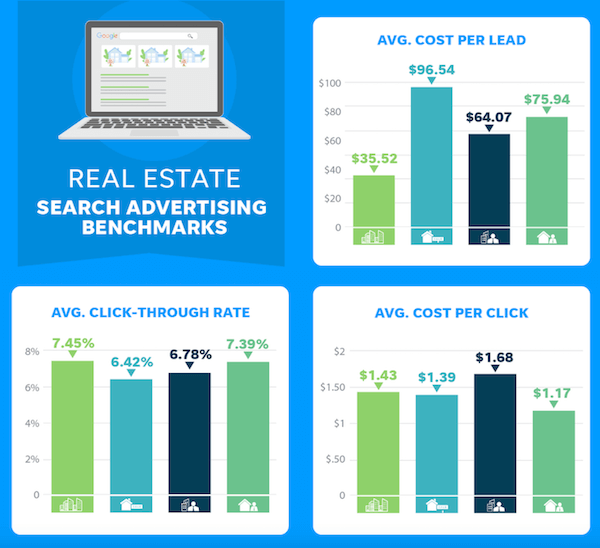When it comes to selling properties, having a well-thought-out marketing plan is crucial. A real estate marketing plan helps you define your target audience, identify your unique selling points, and develop strategies to reach potential buyers. In this article, we will discuss the key steps in creating an effective real estate marketing plan.
Define your target audience
The first step in creating a real estate marketing plan is to identify your target audience. Who are you trying to sell your properties to? Are you targeting first-time homebuyers, luxury property buyers, or commercial investors? Defining your target audience will help you tailor your marketing strategies to reach the right people.
Identify your unique selling points
What sets your properties apart from the competition? Identify the unique selling points (USPs) of your properties. It could be the location, amenities, design, or price point. Highlighting these USPs in your marketing efforts will attract potential buyers who are specifically looking for those features.
Develop a compelling website
In today’s digital age, having a professional and user-friendly website is crucial for real estate marketing. Your website will serve as the hub of your online presence. Make sure to include high-quality images of your properties, detailed descriptions, virtual tours, and contact information. You can also incorporate search engine optimization (SEO) strategies to increase your website’s visibility in search engine results.
HTML Markup:
<h2>Develop a compelling website</h2>
<p>In today’s digital age, having a professional and user-friendly website is crucial for real estate marketing. Your website will serve as the hub of your online presence. Make sure to include high-quality images of your properties, detailed descriptions, virtual tours, and contact information. You can also incorporate search engine optimization (SEO) strategies to increase your website’s visibility in search engine results.</p>
Utilize social media
Social media platforms are powerful tools for promoting your real estate listings. Create accounts on popular platforms such as Facebook, Instagram, and Twitter. Regularly post high-quality photos and videos of your properties, share useful tips and insights about the real estate market, and engage with your followers. You can also run targeted advertisements to reach a wider audience.
Incorporate email marketing
Email marketing is an effective way to nurture leads and stay top of mind with potential buyers. Collect email addresses from interested prospects and regularly send them newsletters, property updates, and market reports. Personalize your emails based on the preferences and needs of each recipient to increase engagement and conversion rates.
Network with industry professionals
Building relationships with other professionals in the real estate industry can open doors to new opportunities. Attend industry events, join local real estate associations, and seek partnerships with real estate agents, mortgage brokers, interior designers, and home staging companies. Collaborating with these professionals can help you reach a wider audience and tap into their existing networks.
Measure and analyze your results
To ensure the effectiveness of your marketing efforts, it is important to regularly measure and analyze your results. Use website analytics tools such as Google Analytics to track website traffic, user behavior, and lead conversions. Monitor the performance of your social media campaigns, email marketing campaigns, and other marketing activities. By analyzing the data, you can identify what strategies are working well and make improvements where necessary.
Stay up to date with market trends
The real estate market is constantly changing, so it’s essential to stay up to date with the latest trends and developments. Follow industry news, read relevant publications, and attend real estate conferences and seminars. By staying informed, you can adjust your marketing strategies accordingly and stay ahead of the competition.
Conclusion
A well-executed real estate marketing plan is essential for effectively selling properties. By defining your target audience, identifying your unique selling points, and implementing a combination of online and offline marketing strategies, you can attract potential buyers and achieve your sales goals. Remember to continuously measure your results and adapt your strategies to stay ahead in the ever-evolving real estate market.
